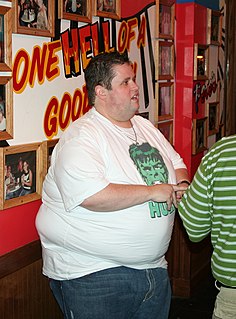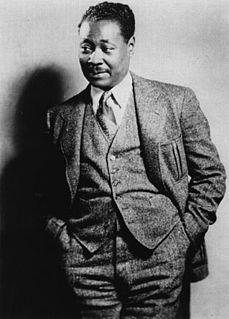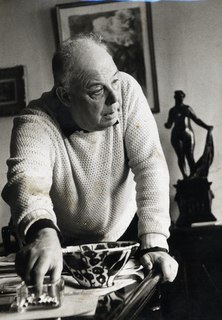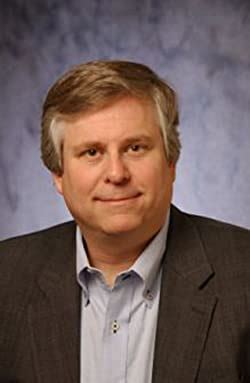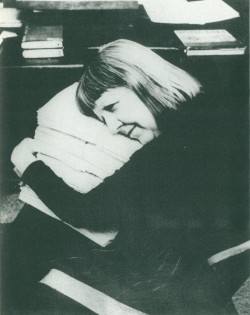A Quote by Debra Granik
Related Quotes
You should prepare to follow the program for 90 days. Why? Because behavioral research indicates that it takes 90 days to prepare for change, build a new behavior, become confident in the face of high-risk triggers, and move past the likelihood of relapse. Brain research also suggests that it takes a few months of practicing a new behavior to create permanent change.
Unfortunately, philosophers of science usually regard scientific realism and scientific anti-realism as monistic doctrines. The assumption is that there is one goal of all scientific inference - finding propositions that are true, or finding propositions that are predictively accurate. In fact, there are multiple goals. Sometimes realism is the right interpretation of a scientific problem, while at other times instrumentalism is.






